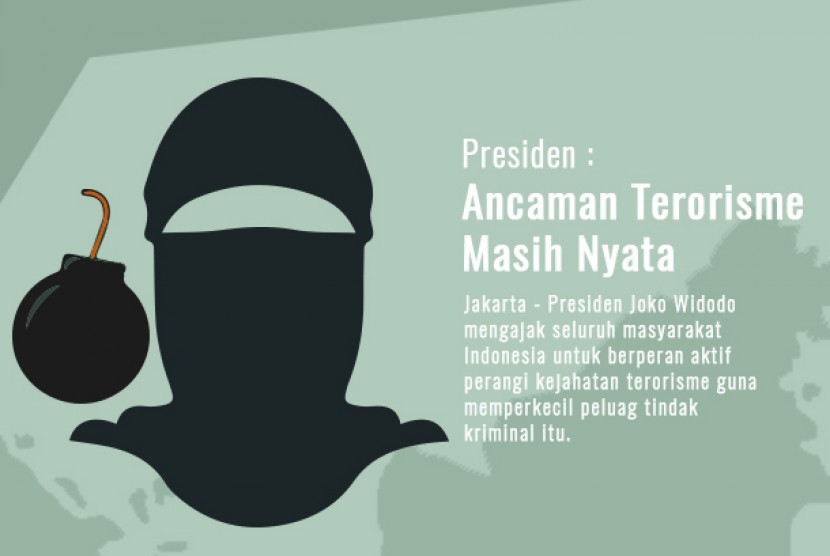By Muhammad Hilmy Alfaruqi: Ph.D*
The world has witnessed to some violent acts perpetrated by particular extremist organizations that claimed themselves to be Islamic groups. More specifically, after 9/11, Bali and Medina bombing, Paris, and Jakarta attacks, some people are more prone to believe that Islam or Arab is violent. The image that “Islam or Arab is violent” is more likely to inherent on some individuals’ mind due to the related message conveyed by the media.
It is still fresh in our minds the story of a student who was removed from the flight because one of the passengers overheard him speaking in Arabic. Even, regarding the very recent Quebec shooting, sadly, Fox News tweeted a hasty, incorrect, and misleading statement mentioning the Moroccan origin as the suspect. Only after being forced by the Canadian prime minister’s office, the tweet was deleted. In fact, the French-Canadian origin is the only suspect and now faces six charges of first-degree murder and five of attempted murder.
In Islam, principally, Muslim is the person who is practicing Islam as the religion by following the teaching of the Prophet Muhammad (peace be upon him). Extreme acts (also called ghulluw in Islamic teaching) has even received tremendous attention dated back from the time of the Prophet (peace be upon him). Extremism is related to how people understand Islam. Essentially, extremism is the direct outcome of faulty thinking, the misconception in understanding Islam.
The Prophet (peace be upon him) taught us that we are prohibited from exercising extremism even when praying. An excessive praying is prohibited in Islam. In the context of some atrocities which currently taking place in some countries carried out by certain self-claimed Islamic organizations, if they kill innocent civilians, it is not in accordance with Islamic teaching. As Allah ‘Azza wa Jalla says in the Holy Book of Islam, the Quran, “Whoever kills a soul, it is as if he had slain mankind entirely. And whoever saves one, it is as if he had saved mankind entirely.”
In practicing Islam, an extremist may take one verse that they have no comprehensive knowledge of, instead they implement it directly. If we thoroughly comprehend the revelation of the Quran, there are verses referred to the time of war as well as the time of piece. To implement one or some of the verses, there are numbers of conditions required thoughtful consideration, such as the reason behind the revelation (Asbabun nuzul) and the way that Prophet (Peace be upon him) implemented it accordingly.
The Prophet (Peace be upon him) said that even in times of war, Muslims are prohibited from cutting trees, destroying buildings, places of worship, such as churches, temples, etc, as well as public facilities. Muslims are also not allowed to kill women, children, and elderly. Hence, if the certain group claiming that they are Islamic, but they slaughter innocent people, their conduct is principally against every Islamic teaching. In the Quran, Allah ‘Azza wa Jalla says, “Indeed Allah doesn’t like those who transgress.”
It is also interesting to note that if we look at the teachings of the Prophet (peace be upon him) and the Caliphates after him, and further, the Ummayyad and Abbasid period (around the 7th century), the non-Muslims felt secure under their reign. At the time of the Turkish Empire (the Ottoman Empire), the Christians, the Jews, and all of non-Muslims who lived under the Ottomans, they enjoyed a high level of security.
Concerning certain people or groups that practice acts of terrorism, we should bear in mind the fact that criminals are criminals. It does not matter what religion they claim or have. When an individual slays an innocent person, regardless of his or her religion, origin; whether they are Muslims, Christians, Jews, Atheists, whites, Arabs, or blacks they are undeniably criminals. Hence, it is inappropriate if we recklessly accuse particular religion or origin without evidence.
Last, I would like to express my deepest condolences to all of the innocent victims. In the near future, with better understanding, I strongly believe that we can create a better and peaceful world.
*scholar at Chonnam National University in South Korea



